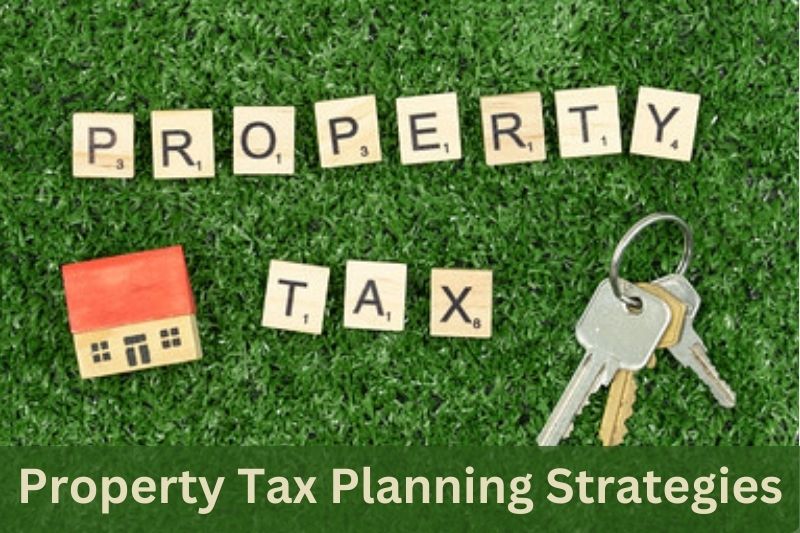Property taxes can be a significant expense for property owners, whether they own residential, commercial, or industrial properties. However, with strategic planning and the right approach, property owners can minimise their tax liabilities and maximise savings. In this article, we will explore effective strategies for property tax planning that can help property owners optimise their tax situation and keep more money in their pockets.

- Understanding Property Tax Assessment:
Before diving into tax planning strategies, it’s crucial to understand how property taxes are assessed. Property tax assessments are typically based on the assessed value of the property, which is determined by local tax authorities. Understanding the assessment process and the factors that influence property valuation is the first step in effective tax planning. - Regular Property Valuation Reviews:
Property values can fluctuate over time due to various factors such as market trends, changes in property condition, and local development. Regularly reviewing property valuations can help property owners identify inaccuracies or overvaluations that may be inflating their tax bills. Working with qualified assessors or property tax consultants can provide valuable insights into the true value of the property and potential savings opportunities. - Leveraging Property Tax Exemptions and Deductions:
Many jurisdictions offer property tax exemptions or deductions for certain types of properties or property owners. For example, exemptions may be available for properties used for charitable, educational, or government purposes, while deductions may apply to properties undergoing renovations or improvements. Identifying and leveraging applicable exemptions and deductions can significantly reduce property tax obligations. - Appealing Property Tax Assessments:
Property owners have the right to appeal their property tax assessments if they believe they are inaccurate or unfairly high. Appealing a property tax assessment involves providing evidence to support a lower valuation or challenging assessment methodologies used by tax authorities. Working with experienced tax professionals or attorneys who specialise in property tax appeals can improve the chances of success and result in substantial savings. - Timing Property Transactions Strategically:
Timing property transactions strategically can also impact property tax liabilities. For example, delaying the sale of a property until after the assessment date or timing renovations to coincide with assessment periods can help minimise tax obligations. Additionally, structuring property transactions in a tax-efficient manner, such as through like-kind exchanges or instalment sales, can provide opportunities for tax deferral or savings. - Monitoring Legislative Changes and Tax Incentives:
Property tax laws and regulations are subject to change, and new tax incentives or exemptions may become available over time. Staying informed about legislative developments and tax incentives relevant to property ownership can uncover additional opportunities for tax savings. Working with knowledgeable tax advisors who stay abreast of changes in tax laws and regulations is essential for maximising savings through proactive tax planning.
Effective property tax planning requires a proactive approach, careful consideration of property valuation factors, and leveraging available tax exemptions and deductions. By understanding the assessment process, regularly reviewing property valuations, appealing assessments when necessary, and strategically timing property transactions, property owners can minimise their tax liabilities and maximise savings. Additionally, staying informed about legislative changes and tax incentives can uncover additional opportunities for tax savings. Working with experienced tax professionals or property tax advisor can provide valuable guidance and support in implementing effective tax planning strategies.